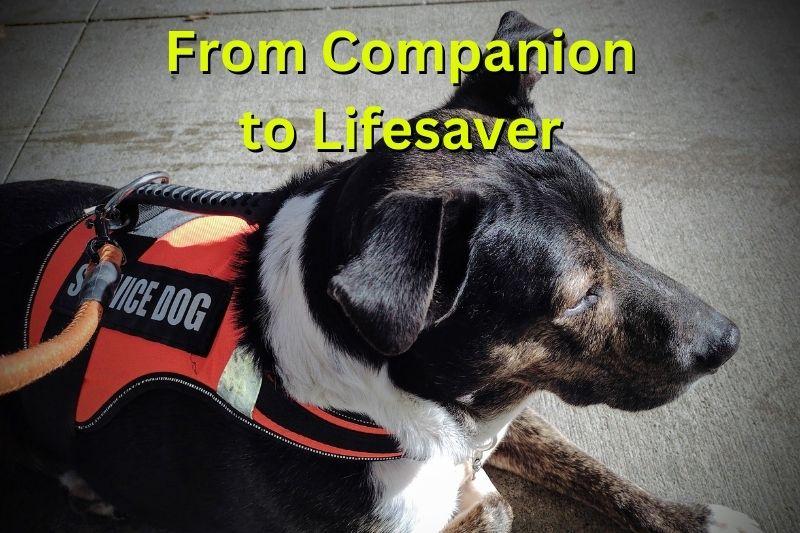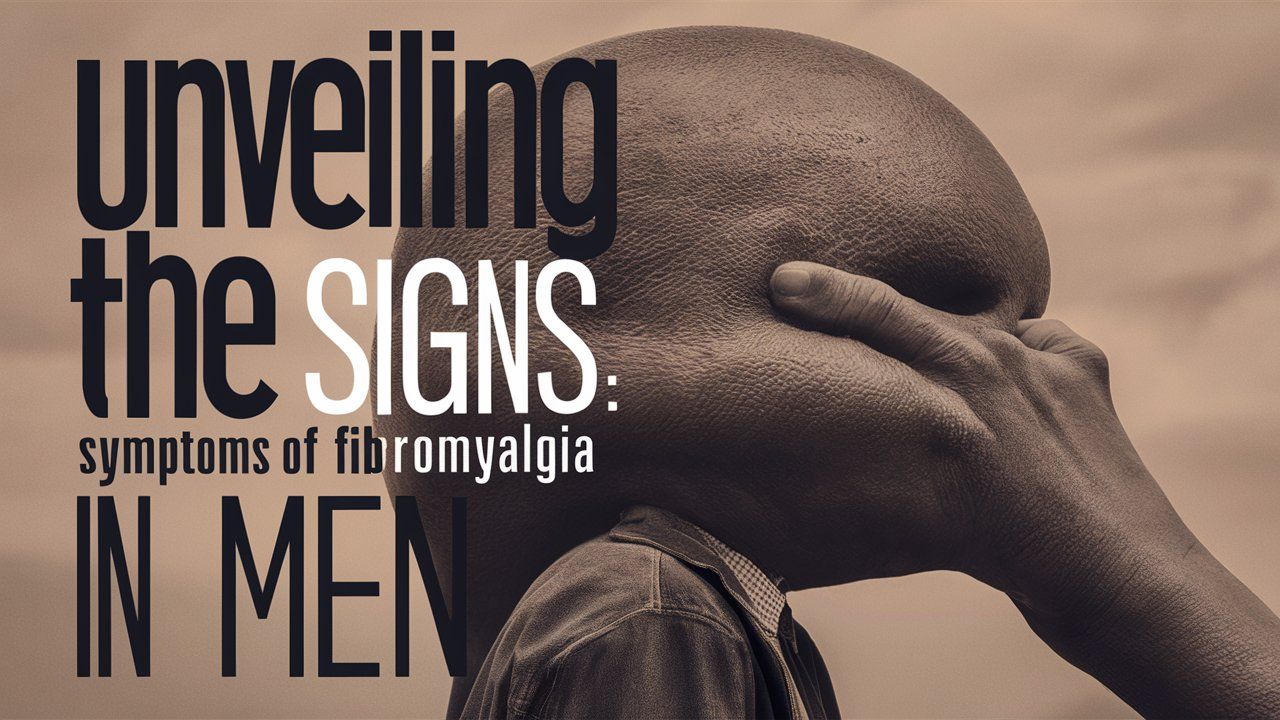 It’s hard to imagine life without our furry friends. Dogs have been by our side for thousands of years, providing us with unconditional love, companionship, and loyalty. However, for some individuals with disabilities, dogs are more than just pets; they are their lifelines. Service dogs have become indispensable companions for people with various disabilities, including visual and hearing impairments, mobility issues, diabetes, fibromyalgia, and PTSD, just to name a few. These highly-trained canines are not only companions but also serve as lifesavers, providing vital assistance to their owners.
It’s hard to imagine life without our furry friends. Dogs have been by our side for thousands of years, providing us with unconditional love, companionship, and loyalty. However, for some individuals with disabilities, dogs are more than just pets; they are their lifelines. Service dogs have become indispensable companions for people with various disabilities, including visual and hearing impairments, mobility issues, diabetes, fibromyalgia, and PTSD, just to name a few. These highly-trained canines are not only companions but also serve as lifesavers, providing vital assistance to their owners.
Service dogs are not your typical household pets. These four-legged heroes undergo rigorous training that can take up to two years to complete. During their training, they learn various tasks and commands, such as opening doors, picking up dropped items, alerting their owners to specific sounds, and detecting changes in blood sugar levels. Moreover, service dogs undergo intensive socialization training to ensure they remain calm and obedient in public spaces, making them the perfect partners for their owners.
These four-legged heroes undergo intensive training to become the perfect partners for their owners, and their contributions to their owners' lives cannot be overstated. From companions to lifesavers, service dogs truly transform lives. Share on X For people with disabilities, service dogs provide a sense of independence and freedom that they may not have otherwise. These dogs offer their owners a level of support that goes beyond what human assistance can provide. For example, a guide dog can help a person with a visual impairment navigate their surroundings, avoiding obstacles and potential hazards. Similarly, a hearing dog can alert their owner to important sounds, such as an alarm or someone calling their name, allowing them to respond accordingly. In cases where people suffer from anxiety or PTSD, service dogs can provide a calming presence, helping them to manage their symptoms and reduce stress.
For people with disabilities, service dogs provide a sense of independence and freedom that they may not have otherwise. These dogs offer their owners a level of support that goes beyond what human assistance can provide. For example, a guide dog can help a person with a visual impairment navigate their surroundings, avoiding obstacles and potential hazards. Similarly, a hearing dog can alert their owner to important sounds, such as an alarm or someone calling their name, allowing them to respond accordingly. In cases where people suffer from anxiety or PTSD, service dogs can provide a calming presence, helping them to manage their symptoms and reduce stress.

Service dogs are more than just animals; they are lifesavers. In emergency situations, these dogs can alert their owners to potential dangers or even call for help. In one instance, a service dog named Kirsch saved her owner’s life when he experienced a severe diabetic episode. Kirsch recognized the signs of her owner’s distress and quickly alerted his wife, who called for medical assistance. Thanks to Kirsch’s quick thinking, her owner received prompt medical attention and made a full recovery.
In conclusion, service dogs play an essential role in the lives of people with disabilities. They provide their owners with a level of independence and support that would be impossible to achieve otherwise. These four-legged heroes undergo intensive training to become the perfect partners for their owners, and their contributions to their owners’ lives cannot be overstated. From companions to lifesavers, service dogs truly transform lives, and we are lucky to have them by our sides.



